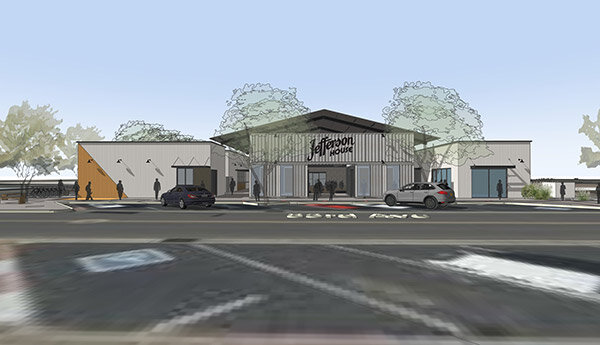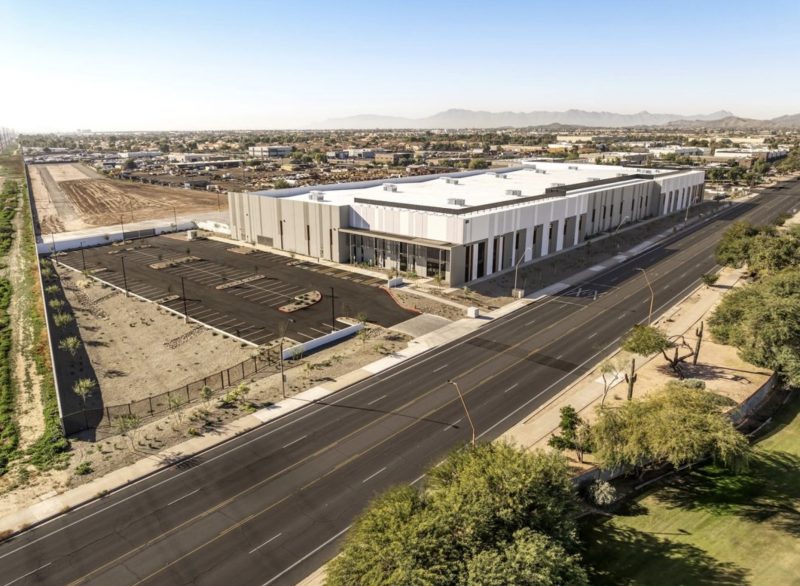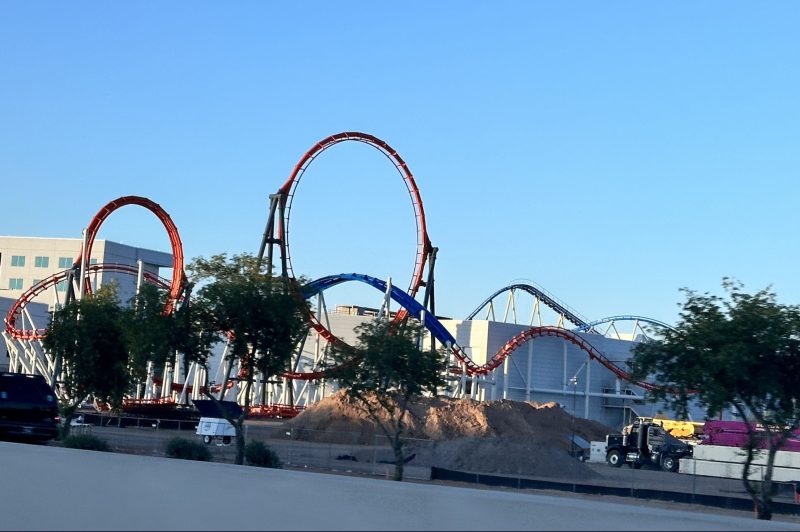
By Jed Kolko | The New York Times
The gap between rich and poor places is one of the dark spots in an otherwise mostly bright American economy. Geographic inequality has been on the rise since 1980 as the growing knowledge economy has benefited college-educated workers who increasingly cluster in certain cities.
A handful of hubs have a tight grip on high-paying, cutting-edge tech jobs. And geographic gaps contribute to the partisan divide, with blue and red America facing different local economic challenges.
But the geographic inequality story, driven by huge income gains in the richest places, is more complicated than it looks at first glance.
Rich places are getting richer, but economic activity isn’t becoming more concentrated in a few dominant places. In fact, economic activity — as measured by total income — is less concentrated in a handful of top metro areas today than it has been during most of the past half-century.







